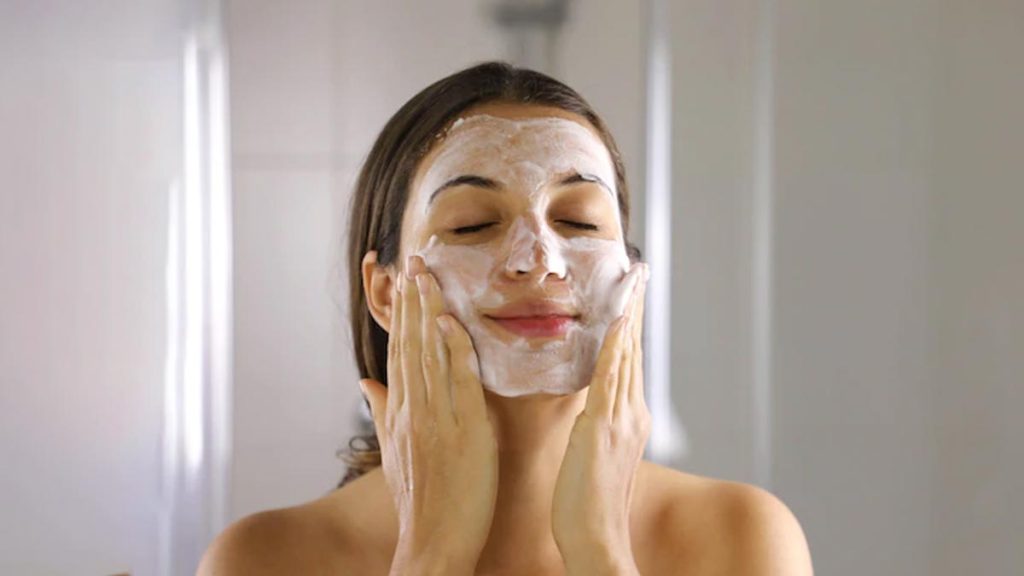Are Foaming Soaps and Face Washes Really Harmful for Your Skin? Expert Explains
Think your foaming face wash is helping your skin? It might actually be stripping it,. Here’s what dermatologists want you to know.
Your skin has a built-in protective layer known as the lipid barrier that seals in moisture and keeps irritants out. Foaming products over-cleansing can disrupt this barrier, resulting in dryness, sensitivity, and even premature aging.
Individuals with dry or sensitive skin types are especially susceptible. Substances such as SLS can cause redness, itchiness, and breakouts, particularly in individuals who have conditions such as eczema, rosacea, or dermatitis.
Ironically, removing too much oil can have the ironic effect of causing your skin to produce even more oil to balance things out, potentially further aggravating acne in oily skin types.
According to Dr Gulatu, no. Some newer foaming cleansers employ milder, sulfate-free surfactants such as cocamidopropyl betaine or amino acid-based cleansers that are effective without being so harsh. It's all about the formula and your skin type.
For oily, acne-prone skin, mild foaming cleansers can be beneficial to remove excess sebum and clear up breakouts, as long as they are non-stripping and sulfate-free.

- Choose pH-Balanced Products: A pH between 4.5 and 5.5 is best for keeping skin healthy.
Bottomline
Foaming washes and soaps are not evil in and of themselves, but they can cause problems if they contain irritating surfactants or if you have dry, sensitive, or mature skin. The solution is to select gentle, skin-type-similar products and pay attention to maintaining your skin's natural barrier.
The next time you grab for that foamy cleanser, ask yourself: Does my skin actually need to be this squeaky-clean? And, always remember that a gentle cleaning is the healthiest way to clean.












